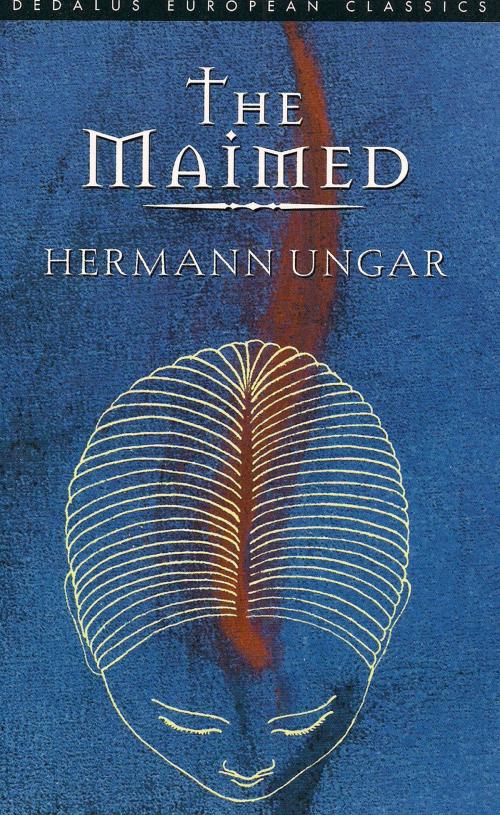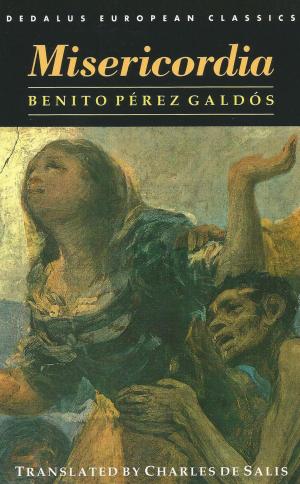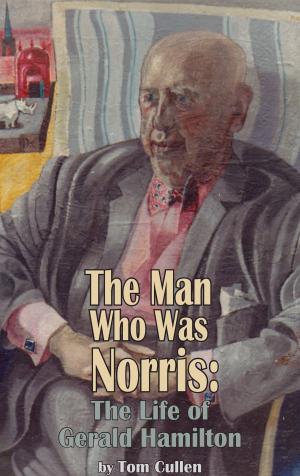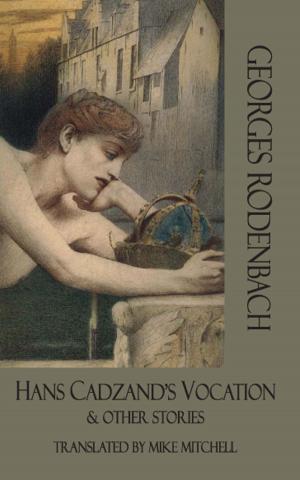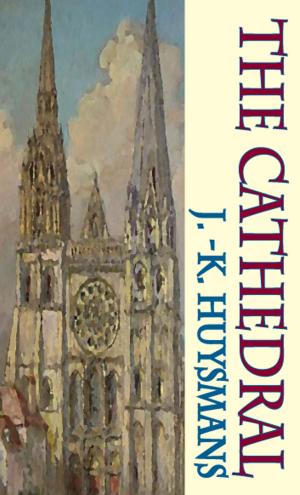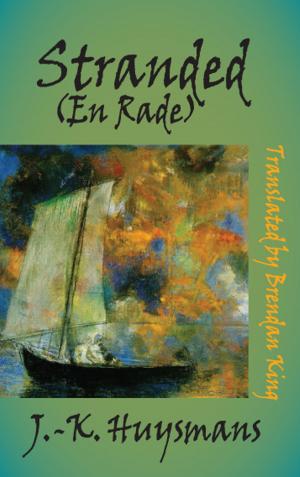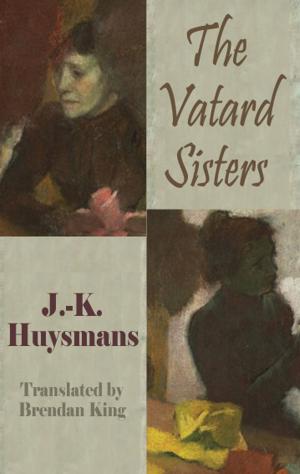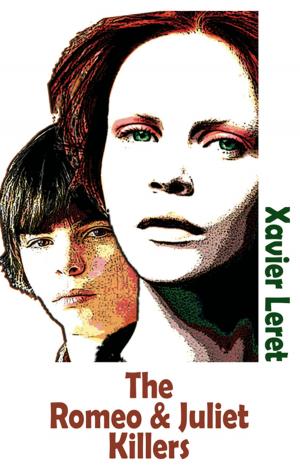| Author: | Hermann Ungar | ISBN: | 9781907650819 |
| Publisher: | Dedalus Ebooks | Publication: | January 5, 2010 |
| Imprint: | Dedalus Ebooks | Language: | English |
| Author: | Hermann Ungar |
| ISBN: | 9781907650819 |
| Publisher: | Dedalus Ebooks |
| Publication: | January 5, 2010 |
| Imprint: | Dedalus Ebooks |
| Language: | English |
First English translation of a bleak 1928 novel by a forgotten Czech member of the generation of Doblin, Brecht and Werfel. It's a closely concentrated analysis of the frail psyche of obscure bank clerk Franz Polzer, a timid paranoid whose obsessive pursuit of order and control lead ironically to helpless explosions of irrationality and violence, and to his eventual undoing. Ungar's understated prose (perfectly captured by veteran translator Mitchell ) trains a cold clinical eye on the processes through which Polzer - in effect, a country mouse adrift in a wicked city-is seduced by his promiscuous landlady and misled by his satanic 'best friend,' a moribund, wheelchair-bound misanthrope, thus set on a path toward self-destruction. Unusual and unsettling: what a film it would make. Kirkus Reviews It is a mystery why Hermann Ungar's remarkable novel The Maimed has taken seventy years to finds an English translation.A French version was published in 1928, five years after the German original, and Ungar's works were admired by many, including Thomas Mann and Stefan Zweig, who described the book as 'Great and terrible, alluring and repulsive - unforgettable, although one would like to forget it and flee the evil sense of oppression it creates.' Ungar, a German-speaking Czech Jew, born in Moravia was often spoken of in the same breath as Kafka.
Despite its grimness, there is also a darkly comic element throughout the book. Ungar's economy of style maintains tension and pace, while the lack of writerly description increases the drama. The writing has a crisp modern edge which the translator Mike Mitchell renders into convincing and natural English. Will Stone in The Times Literary Supplement
First English translation of a bleak 1928 novel by a forgotten Czech member of the generation of Doblin, Brecht and Werfel. It's a closely concentrated analysis of the frail psyche of obscure bank clerk Franz Polzer, a timid paranoid whose obsessive pursuit of order and control lead ironically to helpless explosions of irrationality and violence, and to his eventual undoing. Ungar's understated prose (perfectly captured by veteran translator Mitchell ) trains a cold clinical eye on the processes through which Polzer - in effect, a country mouse adrift in a wicked city-is seduced by his promiscuous landlady and misled by his satanic 'best friend,' a moribund, wheelchair-bound misanthrope, thus set on a path toward self-destruction. Unusual and unsettling: what a film it would make. Kirkus Reviews It is a mystery why Hermann Ungar's remarkable novel The Maimed has taken seventy years to finds an English translation.A French version was published in 1928, five years after the German original, and Ungar's works were admired by many, including Thomas Mann and Stefan Zweig, who described the book as 'Great and terrible, alluring and repulsive - unforgettable, although one would like to forget it and flee the evil sense of oppression it creates.' Ungar, a German-speaking Czech Jew, born in Moravia was often spoken of in the same breath as Kafka.
Despite its grimness, there is also a darkly comic element throughout the book. Ungar's economy of style maintains tension and pace, while the lack of writerly description increases the drama. The writing has a crisp modern edge which the translator Mike Mitchell renders into convincing and natural English. Will Stone in The Times Literary Supplement
